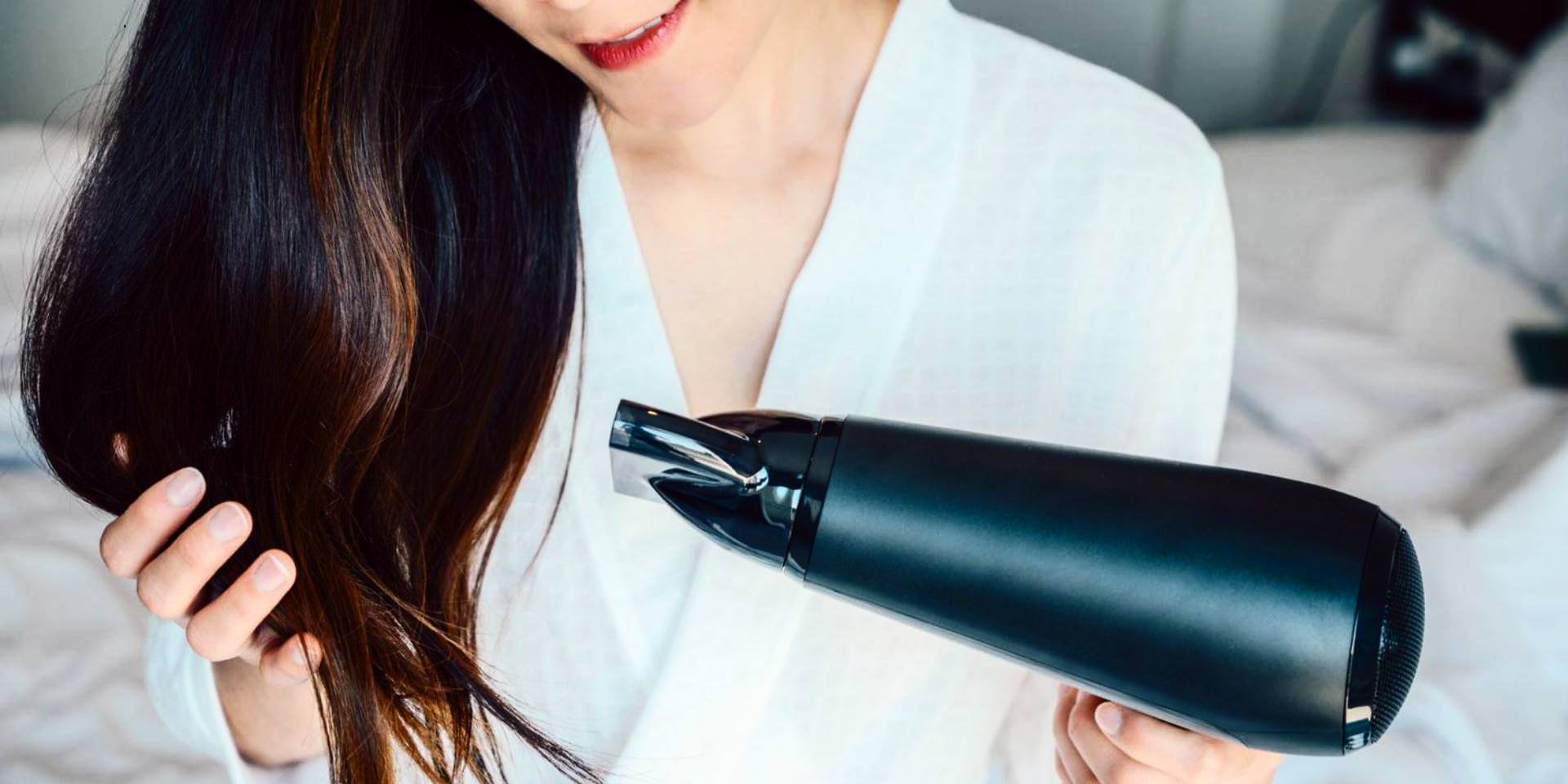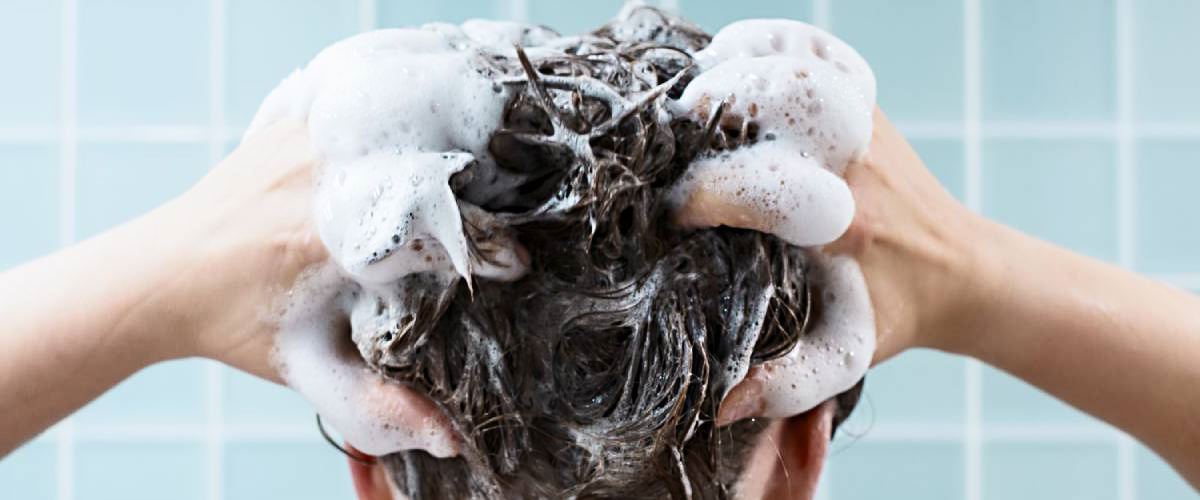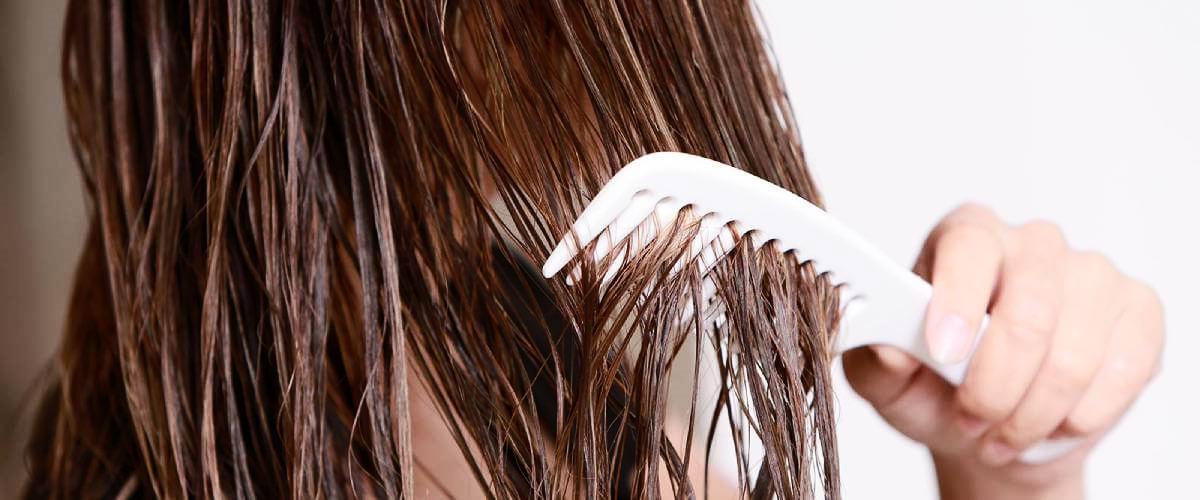
Top 5 Common Hair Care Mistakes: How to Avoid Them for Healthier Hair
Taking care of your hair involves more than just the basics of washing and styling. Understanding the frequent mistakes people make in their hair care routines can help you prevent damage and promote healthy, beautiful locks. By addressing these common errors, you can develop a more effective hair care regimen tailored specifically to your needs.
Over-Washing Your Hair: Stripping Away Natural Oils
One of the most prevalent hair care missteps is overwashing. While it may seem that frequent washing is necessary to keep hair clean, it can often lead to more harm than good. Overwashing strips away the natural oils, or sebum, which are essential for keeping the scalp and hair moisturized and protected. Each person’s sebum production varies, influenced by factors such as age, genetics, and hormonal changes. Washing too often can result in a dry, irritated scalp and brittle hair. Moreover, this frequent washing can trigger an overproduction of sebum as your scalp attempts to compensate, leading to greasy hair and a vicious cycle of over-washing. To break this cycle, find a washing routine that suits your hair type and lifestyle. For dry or curly hair, washing every few days or once a week might be sufficient, whereas those with oily hair may need to wash more frequently but should aim for every other day rather than daily. Opt for a gentle, sulfate-free shampoo to help maintain your hair’s natural oils while keeping it clean.

Identifying Your Hair Type: Curly, Straight, Oily, Dry, etc.
Another critical mistake is failing to identify your hair type correctly. Knowing whether your hair is straight, wavy, curly, or coily—and understanding its thickness and porosity—is crucial for selecting the right products and treatments. Straight hair tends to be resilient and less prone to frizz but may get oily quickly. Wavy hair requires products that enhance its natural wave without weighing it down. Curly hair needs more moisture and can be prone to frizz and dryness, while coily hair, being the most delicate, requires intensive hydration and gentle handling to prevent breakage. In addition to these types, consider your hair’s thickness (fine, medium, or thick) and porosity (how well it absorbs and retains moisture). High-porosity hair absorbs moisture quickly but loses it just as fast, while low-porosity hair resists moisture absorption and can feel heavy if overloaded with products. Identifying your hair type helps in choosing the right shampoos, conditioners, and styling products, leading to a healthier hair care routine.
Customizing Your Routine: Selecting Products for Your Needs
Customizing your routine with the right products is another common mistake. Using products that do not match your hair type can lead to issues such as dryness, oiliness, frizz, and breakage. For dry or damaged hair, opt for moisturizing shampoos and conditioners containing ingredients like shea butter, coconut oil, or argan oil, which hydrate and nourish. Deep conditioning treatments and hair masks can provide additional moisture and repair. For oily hair, choose shampoos that control oil production and keep the scalp balanced. Clarifying shampoos help remove excess oil and product buildup, while lightweight conditioners prevent greasiness. Curly or coily hair benefits from products that enhance and define curls without weighing them down, such as curl creams and gels. Avoid sulfates and silicones, which can strip moisture and cause buildup. Fine or thin hair needs volumizing shampoos and conditioners that add body without heaviness, often containing proteins like keratin or biotin to strengthen and thicken. Avoid heavy, greasy products that can make hair look flat. By customizing your hair care routine to suit your specific needs, you can address common hair issues and maintain healthy, beautiful hair. Remember that finding the right products for your hair might take some trial and error, so be patient and don’t be afraid to experiment.

Skipping Heat Protection: Damaging Your Hair with Styling Tools
Heat styling tools like blow dryers, curling irons, and flat irons can significantly damage your hair if heat protection is skipped. Heat protection products create a barrier between your hair and high temperatures, sealing the hair cuticle and locking in moisture, thus preventing damage and reducing frizz. Before using any heat styling tools, apply a heat protectant spray, serum, or cream to your hair. Distribute the product evenly, focusing on the mid-lengths and ends, and allow it to dry before applying heat. Additionally, use the appropriate temperature setting for your hair type—fine or damaged hair should be styled at lower temperatures (below 300°F), while thicker, coarser hair can handle higher temperatures (up to 400°F). Reducing heat styling frequency by embracing air-drying or exploring heat-free methods like braids and rollers can also minimize damage.
Choosing the Right Brush: Different Brushes for Different Hair Types
Choosing the right brush is another crucial factor in hair care. Using the incorrect brush for your hair type can lead to breakage, tangles, and frizz. A soft bristle brush is ideal for fine or thin hair as it reduces breakage and static. Boar bristle brushes are beneficial as they distribute natural oils, adding shine and smoothness. For thick or coarse hair, a paddle brush with widely spaced bristles helps detangle without causing breakage and smooths hair when blow-drying. Curly or wavy hair benefits from a wide-tooth comb or detangling brush with flexible bristles that work through knots and tangles while preserving the curl pattern. Always detangle curly hair when wet and conditioned to minimize breakage. Sensitive scalps require brushes with soft, flexible bristles that distribute oils without irritation. Regular cleaning of your brushes to remove hair, oil, and product buildup is essential for maintaining their effectiveness and longevity.
Avoiding these common hair care mistakes—overwashing, incorrect hair type identification, improper product use, neglecting heat protection, and using the wrong brush—can lead to healthier, more beautiful hair. By understanding the importance of these factors and tailoring your hair care routine to your specific needs, you can achieve and maintain the hair of your dreams.

